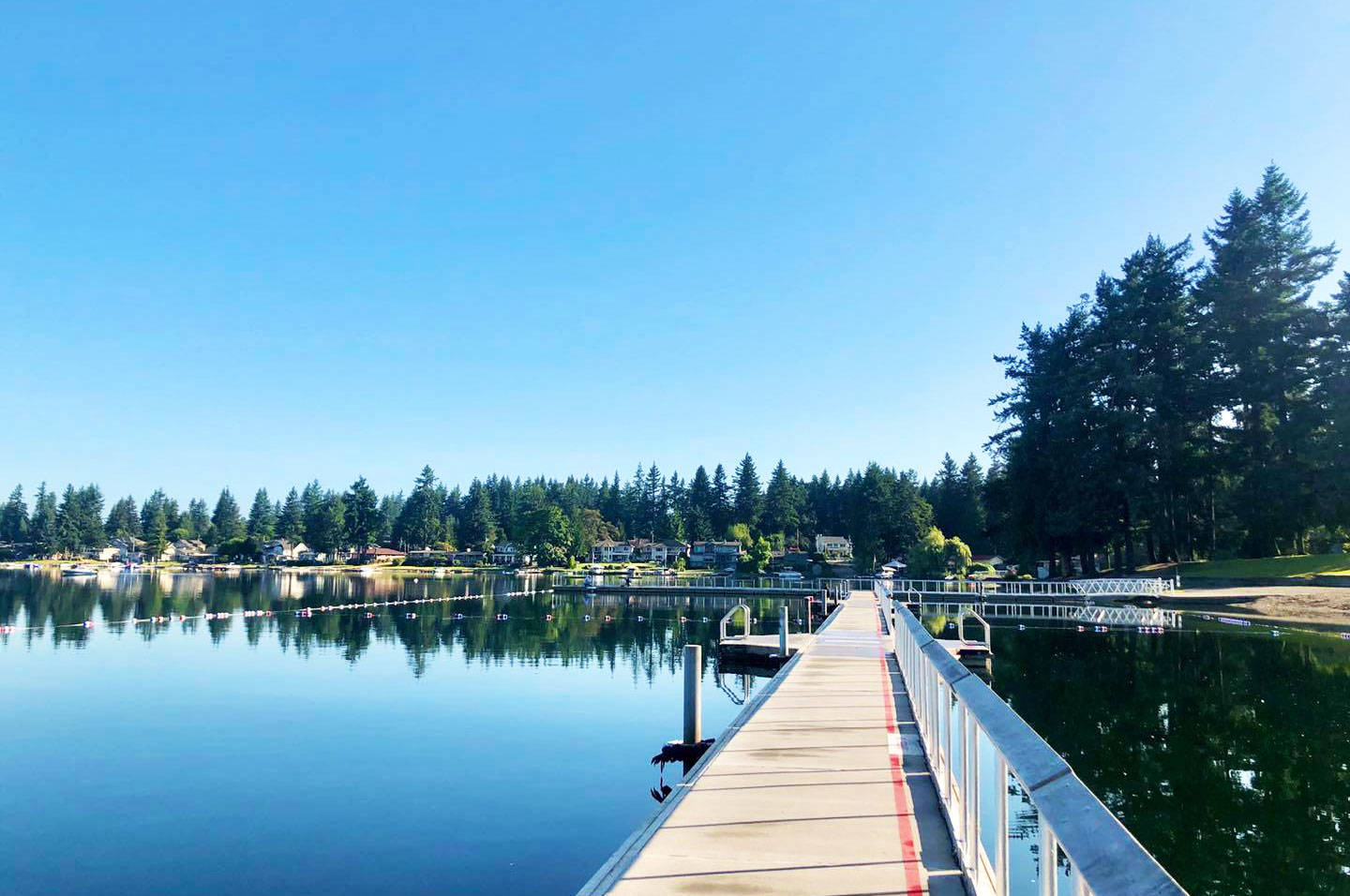Kent city leaders are studying whether to charge developers a park impact fee to help pay for new parks, trails and recreational facilities.
Developers in Kent already pay street, fire and school district impact fees when they build single-family homes or multifamily complexes. Those fees are typically passed on to the homebuyers. Kent also will consider charging a park impact fee to developers of commercial or industrial projects, since employees can directly benefit from nearby parks and recreational facilities.
A park impact fee could raise up to $12.1 million over the next six years for the city to help pay toward a city parks project list that will cost $43 million, according to a report by FCS Group, a financial consultant with offices in Redmond, Lake Oswego, Oregon and Boulder, Colorado. The city hired FCS Group for up to $47,250 for a park impact fee study contract that began in July and ends next June.
John Ghilarducci, FCS Group president, explained a park impact fee to the council.
“It’s a one-time fee paid at the time of new development by new development,” Ghilarducci said. “It represents a share of the facilities needed for growth. It can help pay for portions of planned projects needed to serve growth and development. The fee can’t exceed cost, and it’s only on new development unless redevelopment turns into something larger (than the existing facility).”
Brian Levenhagen, city deputy parks director, told the City Council at its Dec. 8 workshop that more money is needed to pay for new parks as the city continues to grow in population. The city funds parks primarily through the business and occupation tax and the real estate excise tax (on property sales). Other funds are from grants, donations, sponsorships and partnerships.
Most of those funds are used to help pay for the parks maintenance backlog. A park impact fee would pay for new parks, trails or recreational facilities.
The city’s park project priority list includes a new Panther Lake Community Park, West Hill Neighborhood Park, 132nd Avenue Neighborhood Park and potential new parks downtown and in the Midway area on the West Hill.
Levenhagen said the city also could use more synthetic turf fields to increase use and fees and more indoor or covered recreational facilities, such as a field house. Parks staff would lik to see new trails at Mill Creek Canyon Park, Clark Lake Park and Lake Fenwick Park.
The consultant used a projected population growth to 139,403 in 2026 in Kent from 130,500 in 2020 and an increase to 80,000 employees from 75,000 to help determine the proposed park impact fees on developers.
A single-family home would include a potential fee of $3,281 while a multifamily development would be a fee of $2,451 per unit. Developers of warehouses and other businesses would pay so much per square foot, anywhere from 26 cents to $1.30, based on the type of business.
“Our parks need some type of boost, this could be a way,” Councilmember Bill Boyce said after the presentation.
Boyce said he wanted more information about how much the all of the impact fees would cost a developer and how that cost compares to fees in other cities.
Auburn, Tukwila, Covington and Renton are neighboring cities that charge a park impact fee. Federal Way doesn’t have the fee.
Levenhagen is expected to return to the council early next year with more information about the park impact fee. He said it remains to be determined how a park impact fee will fit with the city’s current development code. City Economic and Community Development Department staff will help work on that issue.
“We will share that answer when we go back to City Council, likely sometime between February and March,” Levenhagen said in an email. “From there, we will lay out a potential path forward, if council chooses to move forward. We do not currently have a proposed timeline to adopt a park impact fee.”
Talk to us
Please share your story tips by emailing editor@kentreporter.com.
To share your opinion for publication, submit a letter through our website https://www.kentreporter.com/submit-letter/. Include your name, address and daytime phone number. (We’ll only publish your name and hometown.) Please keep letters to 300 words or less.

